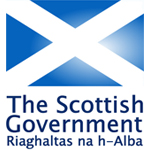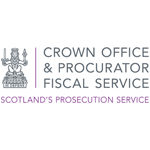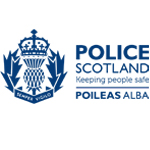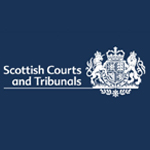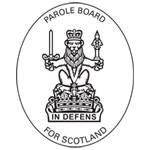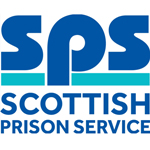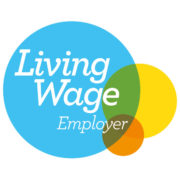Right to protection
Your physical, emotional and mental wellbeing is protected with this right, including preserving your privacy, keeping you safe and limiting any re-traumatisation during interviews.
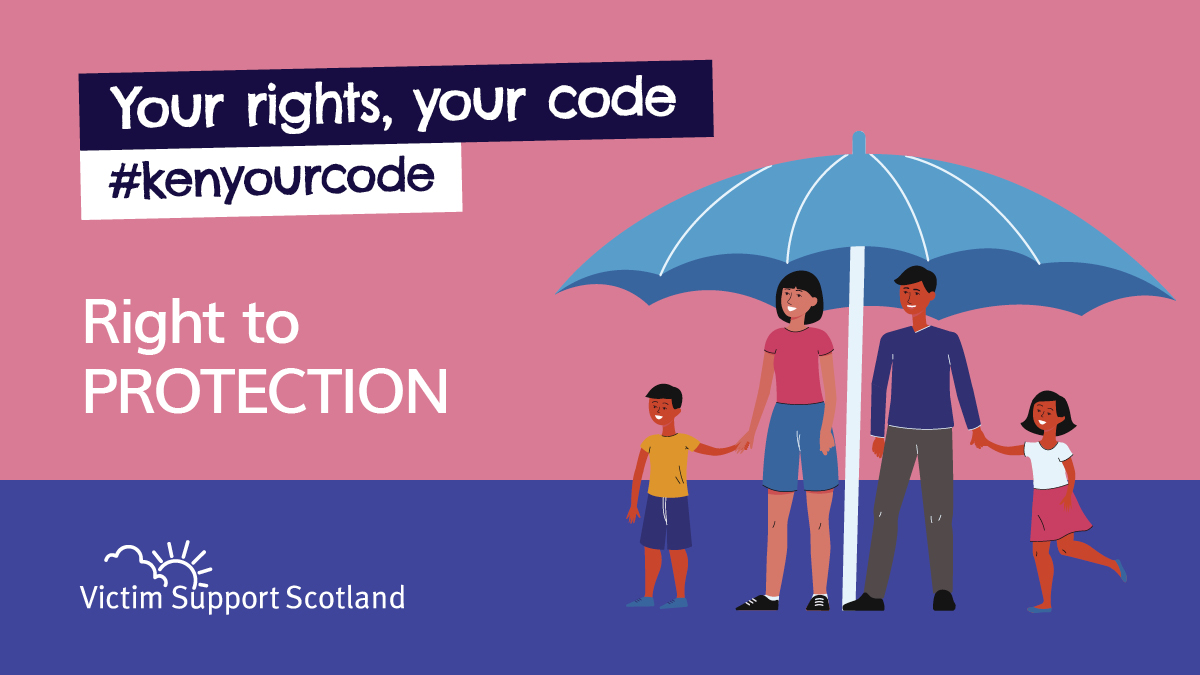
Right to protection and protection of privacy
When you report a crime the police will take steps to support you and protect you from repeat victimisation, intimidation or retaliation.
In terms of support these steps may include:
• Only interviewing you when necessary
• Ensuring interviews are kept to a minimum
• Using specialised facilities for interview
The court can, in certain circumstances, impose media reporting restrictions on the case you are involved in. The court may also impose special bail conditions for accused persons, when appropriate.
Further information on protection measures can be obtained from Police Scotland or the Crown Office and Procurator Fiscal Service.
Civil protection measures
Civil protection measures, such as an interdict or a non-harassment order, are also available.
A solicitor will be able to give you more information and advice on whether one of these measures would be appropriate.
Legal advice and assistance
If you need legal advice and assistance you should contact a solicitor. If you are on benefits or a low income you may be able to get Legal Aid to help pay the costs.
More information on this is available from the Scottish Legal Aid Board.
Rights of victims of offences committed in another EU member state
Even if the offence was not committed in Scotland you may still be entitled to protection when living in Scotland, using measures like the European Protection Order (EPO). The EPO allows an order made by a court anywhere in the EU (for example, prohibiting a particular individual from approaching you) to be recognised and enforced in Scotland.
Further information about the EPO can be obtained from the Scottish Courts and Tribunals Service or their website.

